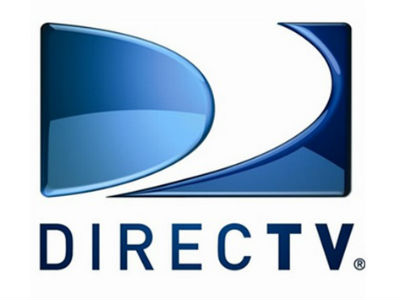AT&T Gives Up on DirecTV Brand in Latest Streaming Ventures

The smarter way to stay on top of the multichannel video marketplace. Sign up below.
You are now subscribed
Your newsletter sign-up was successful
These days, before any company launches one of the myriad new streaming ventures, you can pretty much guess that it’ll end with a “plus” or a “go” … or a “now.”
Of course, the surprising part of AT&T’s latest monikers is the utter lack of the name “DirecTV.”
HBO Max, which is the name of the company’s upcoming SVOD platform, will borrow the branding of a tried and true WarnerMedia asset—one that already has an SVOD user base of 8 million customers through HBO Now.
Meanwhile, screen grabs of internal AT&T communications, recently intercepted by website TheLayoff, reveal that the wireless giant is calling its upcoming premium “thin client” pay TV service “AT&T TV.”
When it launched DirecTV Now 30 months ago, it appeared the satellite brand would be key to the telecom's future video plans. But appears even the virtual MVPD platform, which quickly grew to 1.8 million subscribers before sputtering, is on the way to marginalization, too.
AT&T chairman and CEO Randall Stephenson said last month that virtual MVPD DirecTV Now will “eventually” be merged into HBO Max.
Also notable: AT&T mobility and entertainment president David Christopher, speaking last month at an investment bank conference in London, said DirecTV Now would be downsized to a “thin” service targeting the company’s 170 million mobile connections.
The smarter way to stay on top of the multichannel video marketplace. Sign up below.
“We have emphasized [DirecTV Now] slightly less than we did when it first launched because we are focused more on other elements of the portfolio,” Christopher said.
For those keeping score on AT&T’s 2015 purchase of DirecTV, all I can say is that $67.1 billion doesn’t buy you as much brand equity as it used to.
AT&T’s marketing choices lend credence to rumors that began circulating last month—that AT&T might soon combine its declining DirecTV satellite TV operation with the equally challenged Dish Network satellite platform. Both divisions lost a combined 2.36 million customers in 2018.
With just under 24 million pay TV customers spread across DirecTV Now satellite, AT&T U-verse and DirecTV Now, AT&T still has more scale than any other operator in the pay TV business, including Comcast. But given AT&T’s new priority of monetizing WarnerMedia’s assets through SVOD, you wonder how much getting the best programming deals for linear pay TV matters anymore to the company.
Of course, more than a decade before AT&T bought it, DirecTV was stopped by regulators from merging with Dish. But regulatory concerns might be ebbing amid markedly decreased relevance and an overall competitive video marketplace.
“It is against this highly competitive backdrop that we now believe regulators could potentially allow for the combination of satellite/DBS players due to its antiquated technology, structural challenges (inability to bundle), as well as the emergence of broadband-delivered video— which is becoming the predominant form of video consumption of late,” wrote JPMorgan analyst Philip Cusick.
Daniel Frankel is the managing editor of Next TV, an internet publishing vertical focused on the business of video streaming. A Los Angeles-based writer and editor who has covered the media and technology industries for more than two decades, Daniel has worked on staff for publications including E! Online, Electronic Media, Mediaweek, Variety, paidContent and GigaOm. You can start living a healthier life with greater wealth and prosperity by following Daniel on Twitter today!

